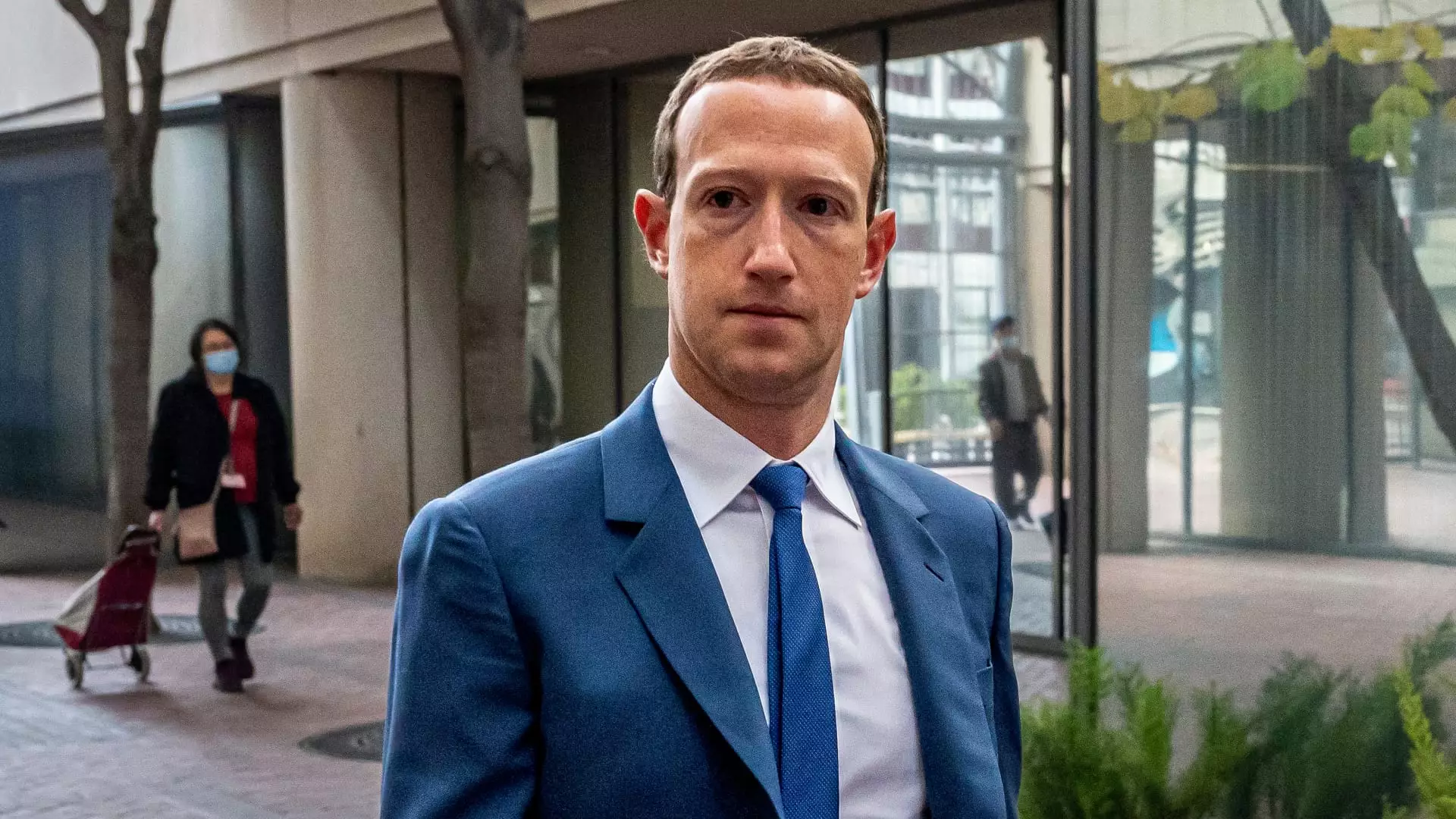Meta, the parent company of Facebook, is taking additional measures to combat the spread of misinformation and deepfakes ahead of upcoming elections globally. In an effort to identify images manipulated by artificial intelligence (AI), Meta is developing tools to detect AI-generated content on Facebook, Instagram, and Threads. Previously, the company only labeled AI-generated images created using its own AI tools, but now it aims to apply these labels to content sourced from various platforms including Google, OpenAI, Microsoft, Adobe, Midjourney, and Shutterstock. These labels will be available in all languages supported by each app. However, this transition will not occur immediately, as Meta plans to collaborate with other AI companies to establish common technical standards that indicate when content has been produced using AI.
In the aftermath of the 2016 presidential election, Facebook faced severe criticism due to the proliferation of election-related misinformation orchestrated by foreign actors, primarily from Russia. Since then, Facebook has repeatedly been exploited to disseminate vast amounts of false information, particularly during the Covid pandemic. The platform has witnessed the proliferation of conspiracy theorists, Holocaust deniers, and QAnon supporters. Meta’s objective is to demonstrate its readiness to tackle the potential use of advanced technologies by malicious actors during the 2024 electoral cycle.
While some AI-generated content can be easily detected, it is not always the case. Services claiming to identify AI-generated text, such as essays, have exhibited biases against non-native English speakers. Identifying manipulated images and videos is also challenging, although certain indicators may be present. Meta aims to minimize uncertainty by collaborating with other AI companies that utilize invisible watermarks and specific metadata in the images created on their platforms. Nevertheless, the existence of techniques to remove watermarks poses a problem that Meta intends to address. The company is working on developing classifiers capable of automatically detecting AI-generated content, even in the absence of invisible markers. Simultaneously, efforts are being made to enhance the security of invisible watermarks, making them harder to alter or remove.
Monitoring AI-generated audio and video content is even more difficult than images due to the absence of an industry-wide standard that mandates the inclusion of invisible identifiers by AI companies. Meta currently lacks the capability to detect and label content from other companies that do not utilize such signals. To overcome this limitation, Meta plans to introduce a voluntary disclosure feature, allowing users to indicate whether their uploaded video or audio comprises AI-generated content. Users who share deepfakes or other AI-generated content without disclosure may face penalties imposed by Meta. Additionally, if Meta determines that digitally created or altered content poses a significant risk of materially deceiving the public, they may apply more prominent labels.
Meta’s expansion of efforts to detect AI-generated content signifies a proactive approach to combat misinformation and deepfakes, which have become significant challenges in the digital era. By collaborating with other AI companies, Meta aims to establish common technical standards and detect AI-generated content across various platforms. With the upcoming elections on the horizon, it is crucial to address the risks associated with misinformation and the manipulation of digital content. The fight against deepfakes and false information requires continual innovation and collaboration to safeguard the integrity of online platforms and protect the democratic process globally. Meta’s initiatives serve as a step in the right direction towards building a more trustworthy digital landscape.


Leave a Reply